SUMMARY
This is AI generated summarization, which may have errors. For context, always refer to the full article.
![[OPINION] Abolishing term limits will entrench dynasties](https://www.rappler.com/tachyon/r3-assets/612F469A6EA84F6BAE882D2B94A4B421/img/04EC8FF08188429EA32B93B6A6DDB674/political-dynasties-20190322.jpg)
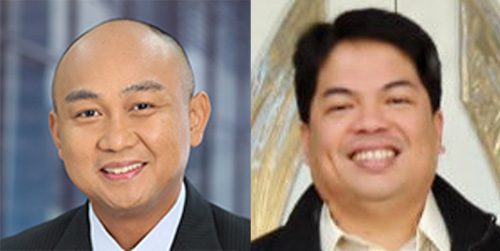
In a recent senatorial debate, Governor Imee Marcos – scion of the Marcos political clan of Ilocos Norte – argued that establishing term limits under the 1987 Constitution created political dynasties. She appeared to conclude from this that removing term limits would also end dynasties in the country.
Perhaps similarly minded, the House of Representatives through RBH 15 developed a draft charter change agenda that included the removal of term limits. Did the creation of term limits create political dynasties? Will its removal also spell their demise?
In our recent paper, “Term Limits and Political Dynasties: Unpacking the Links,” we outline the links between term limits and dynasties, emphasizing how political dynasties have expanded over time, and providing a more evidence-based assessment of the possible drivers.
Political dynasties existed even before the 1987 Constitution and term limits
There is clear evidence that political dynasties were already present before establishing term limits. Yet, it is also true that many new dynasties emerged, and many old political clans reemerged in the post-Marcos era. Here, term limits may have helped trigger the rise of some “fat dynasties” by forcing entrenched politicians to yield their positions once they hit the term limit.
However, due to the absence of an anti-dynasty law as well as stronger political parties – among other key conditions necessary to provide the opening for, and effectively supply alternative leaders – what we observed is the tendency to pass on that position to other family members. This is a pattern that existed even prior to the creation of term limits, and arguably, this was exacerbated not simply by term limits per se, but by the absence of other ancillary reforms that were supposed to supply strong alternative leaders.
Fat dynasties gamed the system
Large political clans have found a way around term limits, by bringing in more family members into elective office. Political clans effectively display long term limits already. The literature and evidence suggest that longer terms allow politicians (and political clans) a longer runway for reform, yet if they become entrenched and difficult to oppose, then this also exposes the jurisdiction to an overconcentration and abuse of power, and uncompetitive elections. In fact, based on our review of the available evidence, long terms by political clans are associated with stagnant or deteriorating development outcomes.
The illustrations below help to further clarify how political clans were able to strategically circumvent term limits and fielded other members of the family to key local government positions. The Tans of Western Samar started with one position back in 1998 when the matriarch, Milagrosa, started her political career as provincial board member. She then served as governor for 3 consecutive terms afterwards. While serving her last term as governor in 2007, the political clan fielded Sharee Ann (daughter of Milagrosa) for the congressional post.
Eventually, Sharee Ann switched position with her mother after the latter’s term ended. Concurrently, the political clan fielded Stephen James (son of Milagrosa), for the vice-gubernatorial position and the 3 dominated the key local executive and legislative positions in the province for 9 consecutive years until 2018. For the 2019 election, the 3 will run for the key offices again by passing the positions among each other along with another member of the family, Michael, who will compete for another legislative position in another district in Western Samar. See Figure 1.
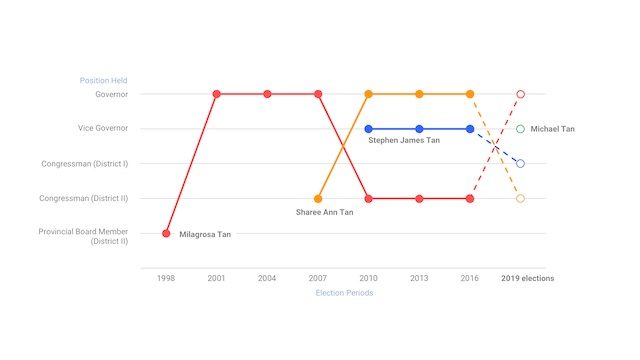
Figure 1. Full house for the Tan political clan of Western Samar
Meanwhile, the Dimaporos of Lanao del Norte managed to secure the Governor post for 9 consecutive election periods – equivalent to two decades. Three members of the family (Abdullah, Imelda, and Khalid) have taken turns in the position, each individually facing term limits, while altogether their clan circumvented this particular constraint. The family was also able to expand its sphere of influence by fielding other members of the clan for other offices. In 2019, the Dimaporo clan is set to compete for the governorship and two congressional positions in Lanao del Norte.
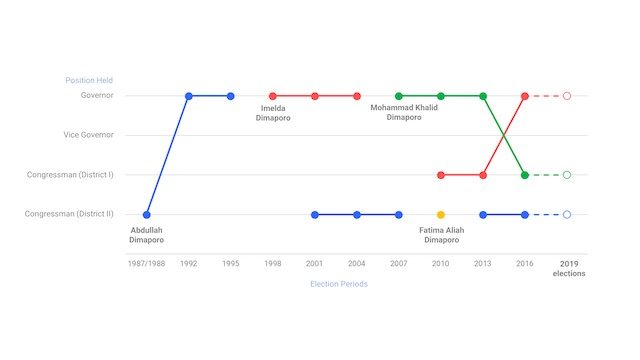
Figure 2. Strategic allocation of political power by the Dimaporo clan of Lanao del Norte
In some areas, dominating political clans challenge each other to win key elective positins. In Camarines Norte, the Villafurte clan has established political influence in the province’s top executive position, which is being challenged by the Andaya clan for the 2019 election. The father-son tandem has secured the legislative position of the province’s first district for almost 3 decades.
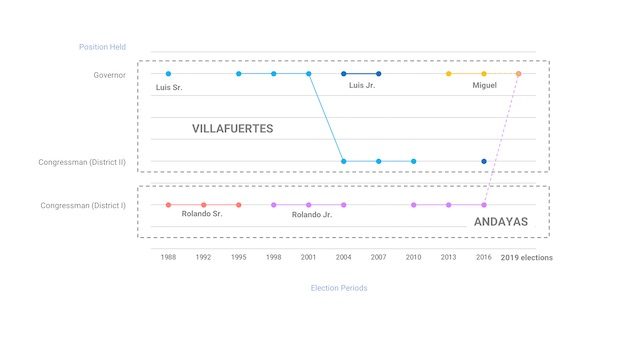
Figure 3. Clash of clans in Camarines Sur: Villafuerte vs Andaya
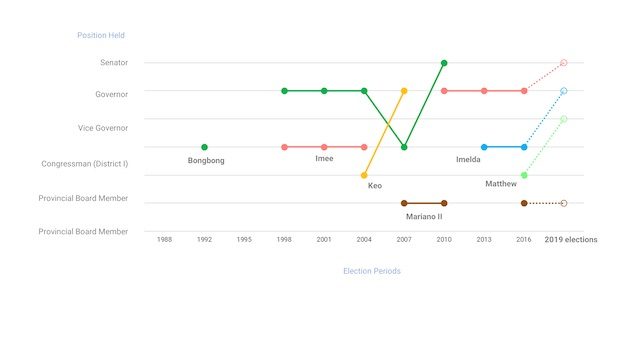
Figure 4. Marcos governor in Ilocos Norte for the last 20 Years
These are only some examples of many fat dynasties that have adapted to the term limits and found ways to circumvent them by fielding more family members to compete for elective positions.
Combining the evidence on the abovementioned points, it is an obvious non sequitur to argue that dynasties will be curbed by removing term limits. Simply removing term limits at this point will secure the political foothold of many already fat political dynasties. Real reforms should be focused not on removing term limits, but on further strengthening those reforms that should have accompanied it – including enhancing competition in the political sphere, such as by supplying alternative leaders, strengthening political parties, and regulating political dynasties. – Rappler.com
*The full paper, R.U.Mendoza, Miann Banaag, and M.H.Yusingco (2019) “Term Limits and Political Dynasties: Unpacking the Links” Ateneo Policy Center, Ateneo de Manila University, can be downloaded using this link. We thank ADRI and Ateneo for supporting the production of this study. All views herein are the authors’ and do not necessarily represent the views and policies of the Ateneo.
Add a comment
How does this make you feel?
There are no comments yet. Add your comment to start the conversation.